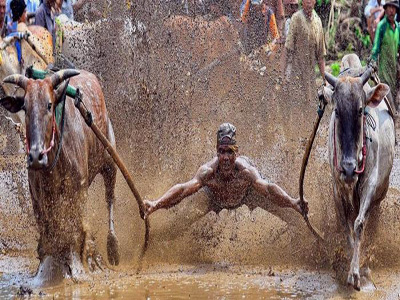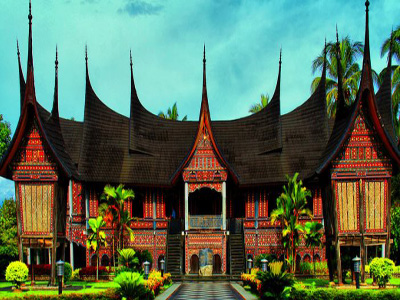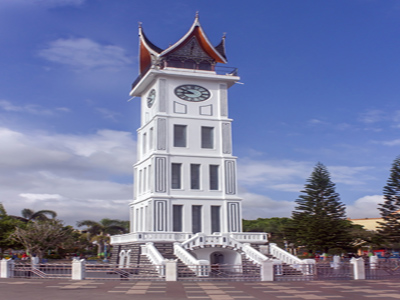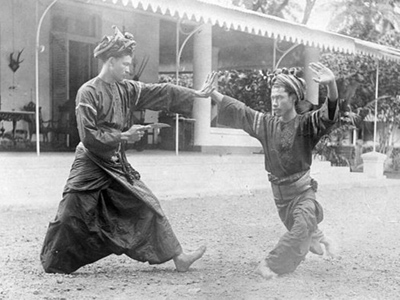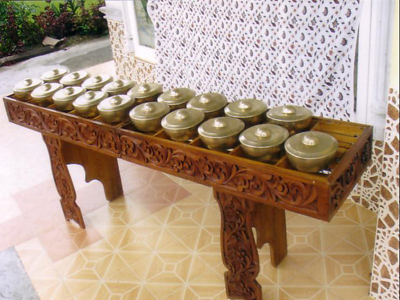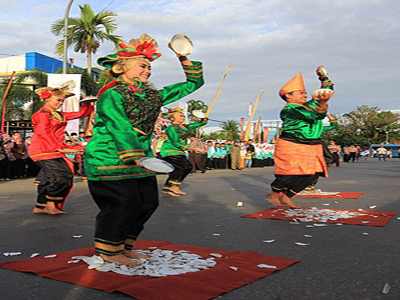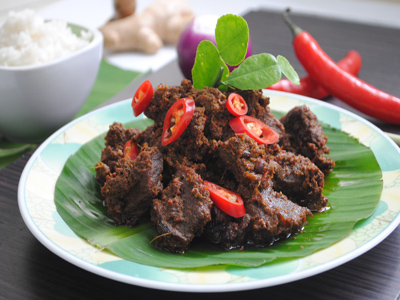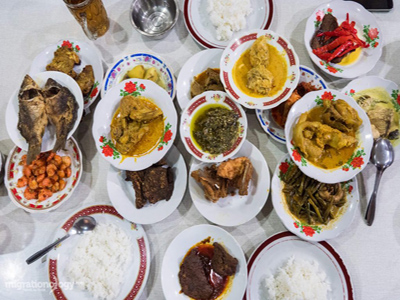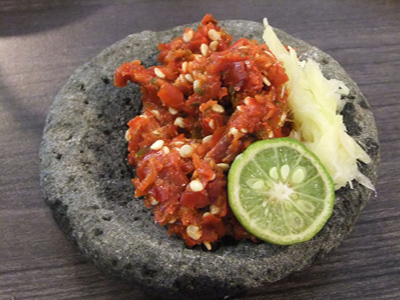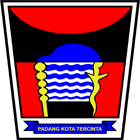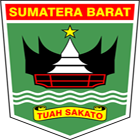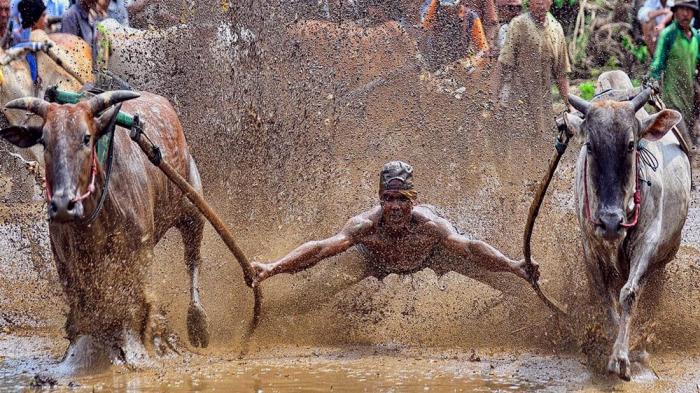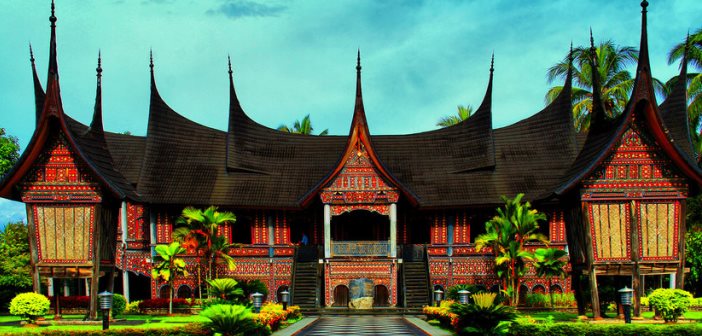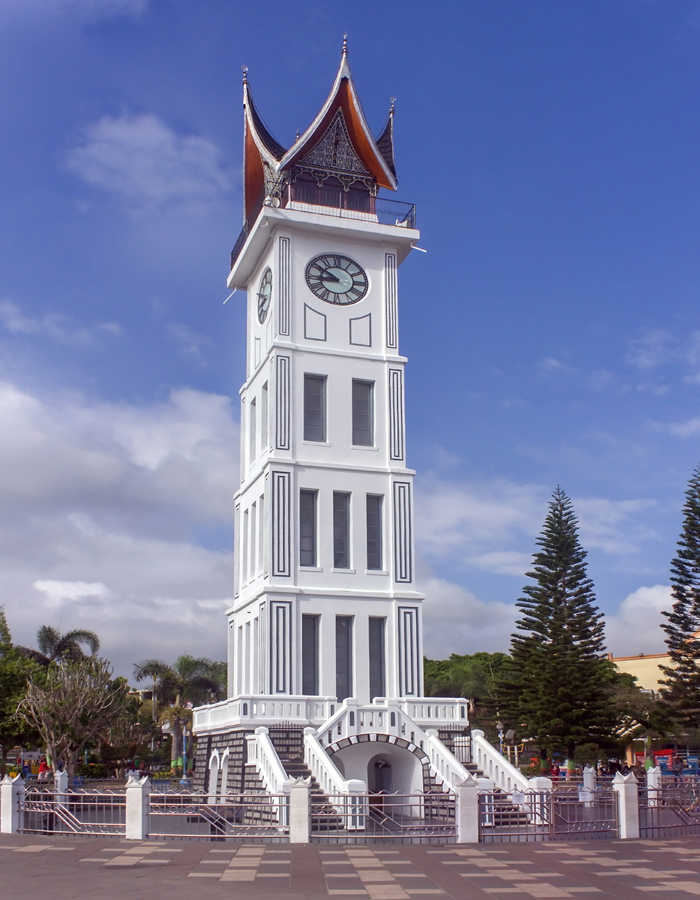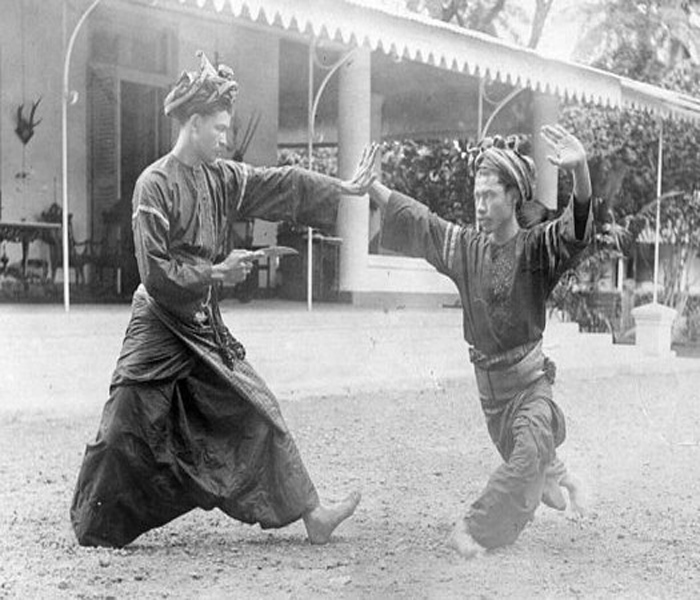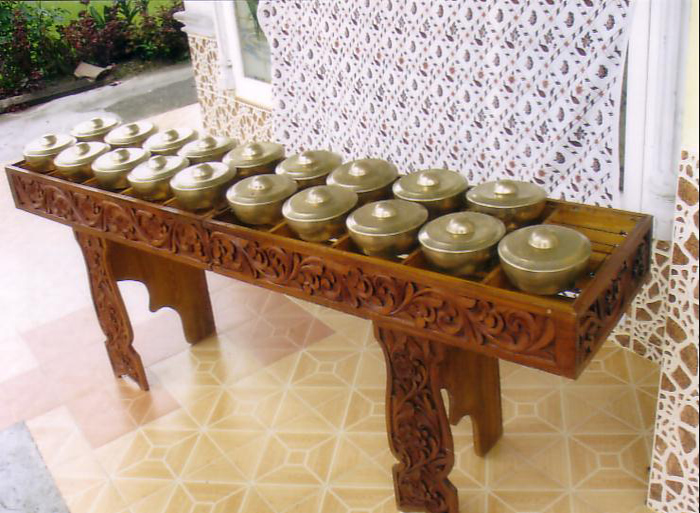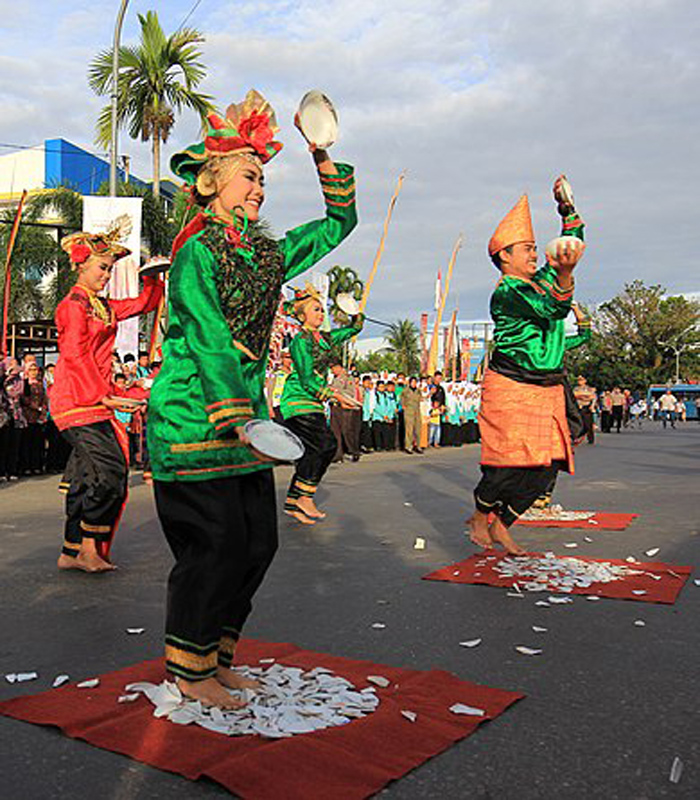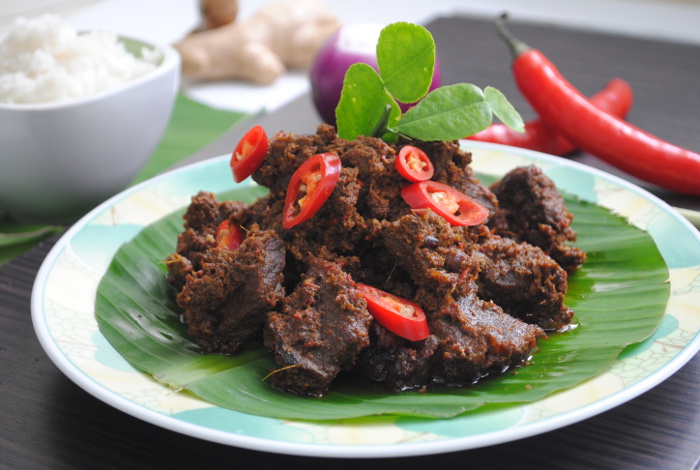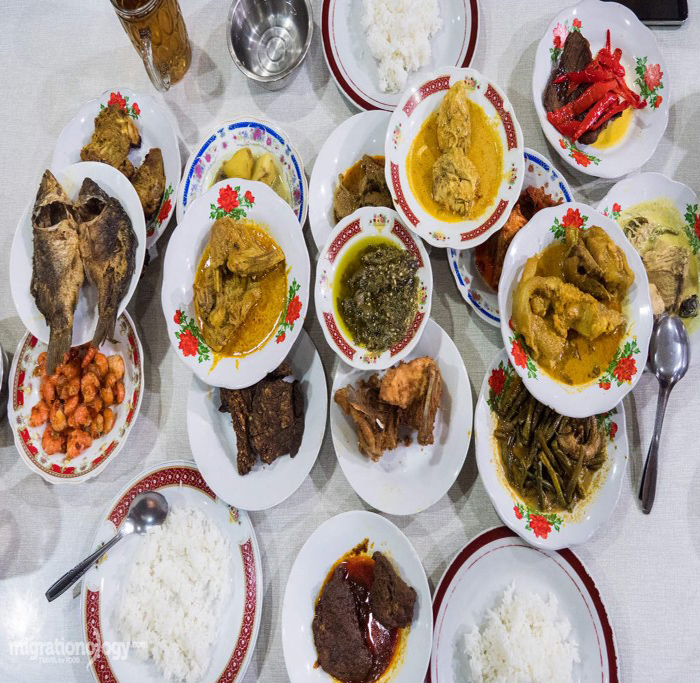Story
About Minangkabau
-

Etymology
Minangkabau
The term Minangkabau came from a popular legend that was derived from a territorial dispute between a people and a prince from a neighbouring region. To avoid a battle, the local people proposed a fight to the death between two water buffalo (kabau) to settle the dispute. when the baby thrust his head under the big bull's belly, looking for an udder, the sharpened horns punctured and killed the bull giving the villagers their victory (manang, hence manang kabau: "victors of the buffalo" which eventually became Minangkabau).
-

Women's Life
Minangkabau: Matriarchal Society
The Minangkabau represent one of the last remaining matrilineal societies in the world. Property is inherited down the female line and women pick their marriage partners and do the proposing. The only thing that a man can ask of his wife is that she remain faithful to him. [Source: Encyclopedia of World Cultures, East and Southeast Asia edited by Paul Hockings (G.K. Hall & Company, 1993) ~]
-

Men's Life
Gypsies of Indonesia
As early as the age of 7, boys traditionally leave their homes and live in a surau (a prayer house and community centre) to learn religious and cultural (adat) teachings. At the surau during night time (after the Isyak prayers), these youngsters are taught the traditional Minankabau art of self-defence, which is Silek, or Silat in Malay. When they are teenagers, they are encouraged to leave their hometown to learn from schools or from experiences out of their hometown so that when they are adults they can return home wise and 'useful' for the society and can contribute their thinking and experience to run the family or nagari (hometown) when they sit as the member of 'council of uncles'. This tradition has created Minang communities in many Indonesian cities and towns, which nevertheless are still tied closely to their homeland.
-

Flag or Marawa
Minangkabau
-
West Sumatra,
Minangkabau
